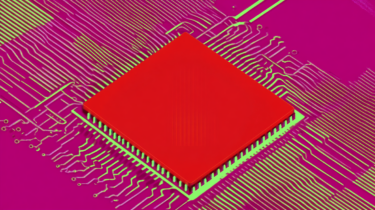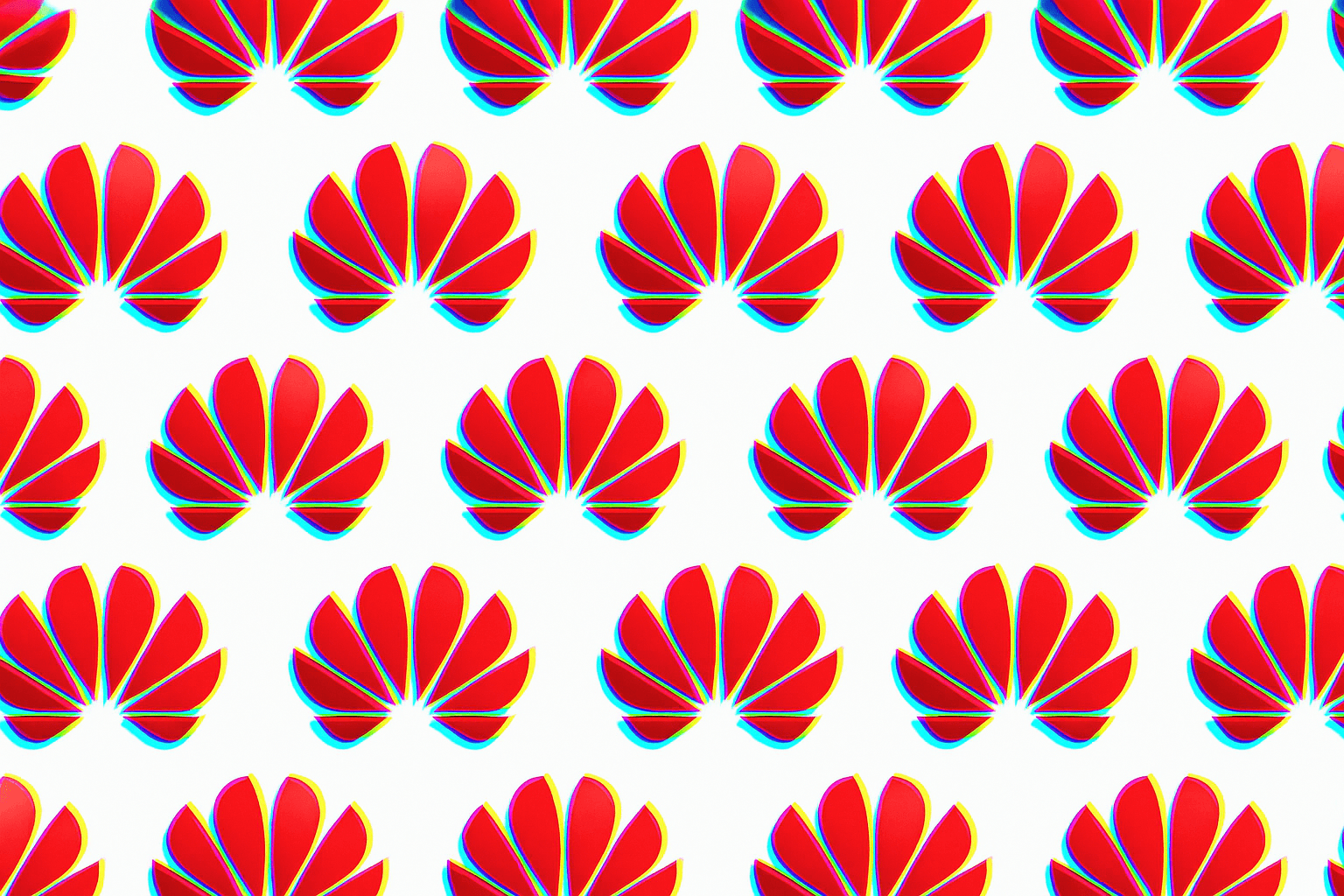A consortium of Chinese chipmakers led by Huawei aims to produce high-bandwidth memory chips for AI applications by 2026, according to a report by The Information.
The goal is to make China less dependent on Western technology and mitigate the impact of Western sanctions through domestic technology. Two people close to Huawei said the government-funded consortium plans to produce so-called high-bandwidth memory (HBM) chips, which are a key component for advanced graphics processing units (GPUs) needed to train large AI language models.
HBM enables faster data transfer at lower power consumption compared to older types of memory such as DDR, using a stackable 3D architecture and a very wide interface to the processor or graphics card it is connected to. However, manufacturing HBM requires extremely advanced and expensive lithography systems as well as technologically sophisticated packaging. Nvidia's Blackwell architecture uses the latest HBM3e generation.
No HBM manufacturer sells chips to China
Currently, only three companies manufacture HBM chips: SK Hynix and Samsung Semiconductor in South Korea, and Micron Technology in the US. All of them rely on US technology and have been banned from selling these products to China since the US government introduced export restrictions in 2020. In addition to the Huawei consortium, Chinese memory chip manufacturer ChangXin Memory Technologies is also trying to produce HBM, but so far only an older generation.
Besides export restrictions aimed at curbing China's AI ambitions, the US is building its own chip capacity and investing billions in the domestic chip industry. Huawei offers its Ascend chips as a possible alternative to Nvidia's AI accelerators and is likely to become one of the main customers for China's HBM production.





